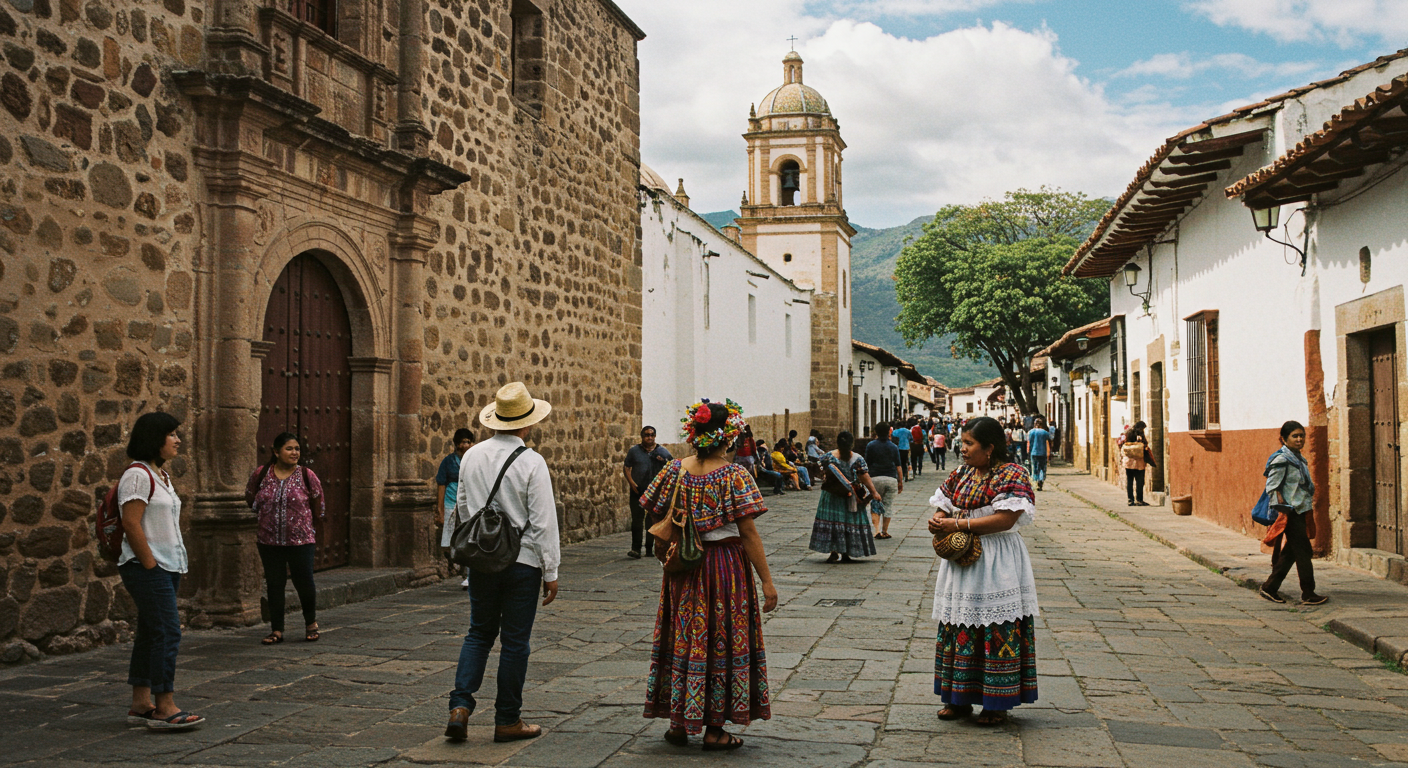In recent years, a powerful shift has been reshaping the travel landscape in Africa: diaspora tourism. More than just vacations, these are deeply emotional and purposeful journeys—especially for people of African descent who are reconnecting with their ancestral roots, histories, and cultures. As the global African diaspora rediscovers the continent, this movement is creating new opportunities for cultural healing, economic investment, and Pan-African unity.
What is Diaspora Tourism?
Diaspora tourism refers to travel undertaken by members of a diaspora to their countries of origin or heritage. For the African diaspora, this often involves returning to Africa—whether to explore family roots, visit historic sites related to the transatlantic slave trade, participate in cultural festivals, or invest in communities.
Unlike mainstream tourism, this form of travel is usually introspective and identity-driven. It’s about reconnection—restoring lost ties, understanding complex histories, and reshaping how Africa is viewed and experienced by its children across the globe.
What Sparked the Rise?
Several global events and campaigns have fueled the growth of diaspora tourism in Africa:
The Year of Return (2019): Ghana’s major tourism initiative commemorated 400 years since the first enslaved Africans arrived in North America. It invited the global Black community to return to Africa—spiritually, culturally, and physically. The campaign attracted celebrities like Beyoncé, Steve Harvey, and Idris Elba, bringing global attention to Africa as a homeland.
Social Movements: The resurgence of Black identity movements like Black Lives Matter heightened awareness of African history, ancestral trauma, and the need for cultural reclamation.
Digital Storytelling: Social media, YouTube documentaries, and Afro-influencers have made African destinations more visible and accessible than ever before.
Key Destinations for Diaspora Travelers
Ghana (Cape Coast, Accra, Kumasi)
Home to slave forts like Elmina and Cape Coast Castle, Ghana has emerged as the epicenter of diaspora return. Cultural sites like the Ashanti Kingdom, and the annual Panafest festival, offer immersive education and reconnection.Benin and Togo
These countries provide insight into the Dahomey Kingdom and the spiritual roots of Vodun. The Slave Route in Ouidah is a significant pilgrimage site.Nigeria (Badagry, Lagos, Osogbo)
Sites like the Badagry Slave Museum, the Point of No Return, and Yoruba cultural hubs are drawing diaspora interest—especially among African Americans and Caribbean descendants.Senegal (Gorée Island)
Known for the Maison des Esclaves and the “Door of No Return,” Senegal is deeply symbolic and spiritually moving for diaspora pilgrims.South Africa (Cape Town, Johannesburg, Eastern Cape)
With its anti-apartheid history, diverse cultures, and vibrant creative scene, South Africa is both modern and historical—offering a rich entry point for Black travelers.
Why Diaspora Tourism Matters
Cultural Healing: For many in the diaspora, visiting Africa is like returning home after centuries of separation. It’s a chance to reweave a broken thread, fill ancestral gaps, and experience heritage firsthand.
Economic Impact: Diaspora travelers tend to spend more, stay longer, and support Black-owned businesses. This strengthens local economies and encourages inclusive development.
Narrative Shift: As more diaspora voices share their journeys, the global narrative of Africa is changing—from a place of lack to a place of pride, beauty, and opportunity.
Pan-Africanism in Action: Diaspora tourism often leads to long-term connections, real estate purchases, dual citizenship pursuits, and cultural exchanges—reviving Pan-African ideals of unity and mutual upliftment.
Challenges and Considerations
Cultural Sensitivity: Diaspora travelers must approach African cultures with humility, not romanticization.
Infrastructure Gaps: Some heritage sites need better preservation, accessibility, and interpretation to serve growing tourism.
Affordability: For many diaspora families, especially in the Caribbean and North America, traveling to Africa can be expensive.
Final Thoughts
Diaspora tourism is more than a trend—it’s a movement of return, remembrance, and restoration. It honors ancestors, revives identity, and helps reimagine the future of Africa and her descendants. As this movement grows, so does the promise of a more connected, empowered, and unified global African family.



